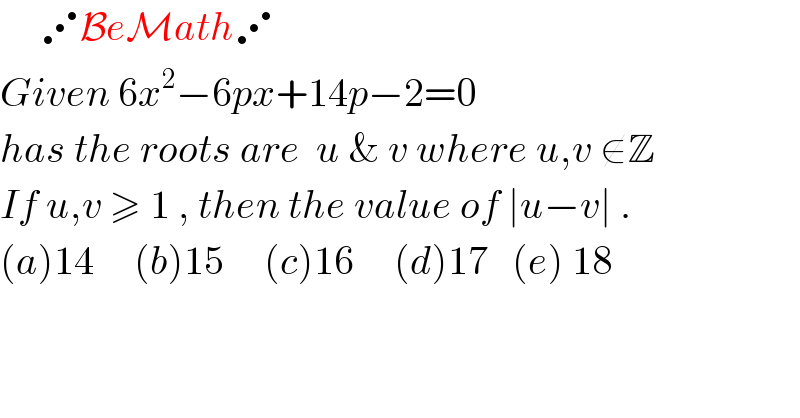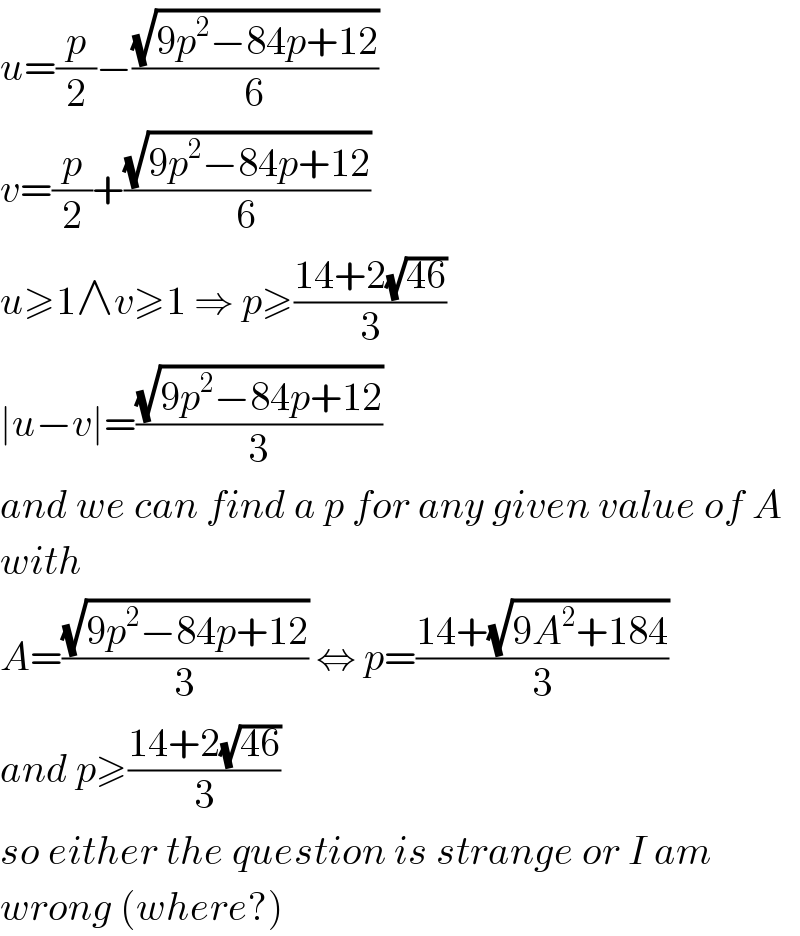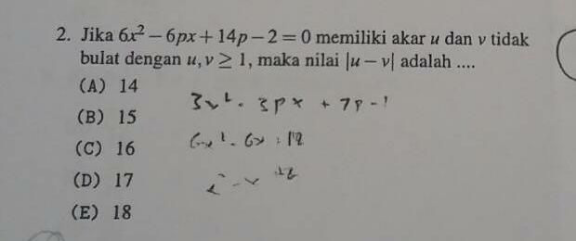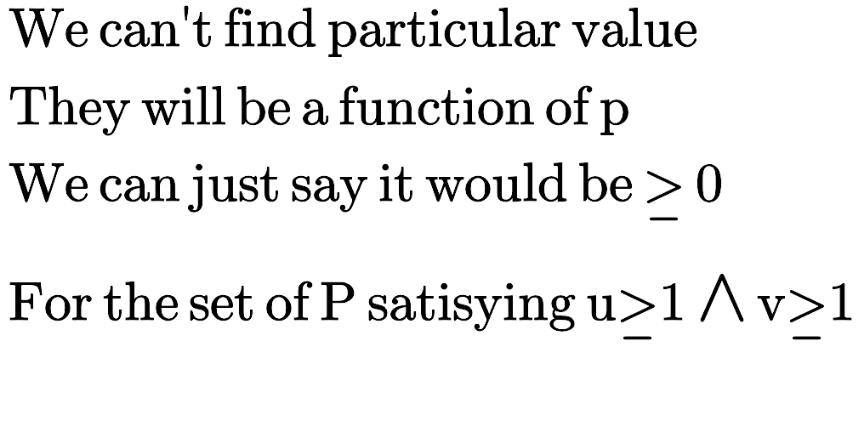
Question and Answers Forum
Question Number 107385 by bemath last updated on 10/Aug/20

Commented byHer_Majesty last updated on 10/Aug/20

Commented bybemath last updated on 10/Aug/20

Commented bybemath last updated on 10/Aug/20

Commented bybemath last updated on 10/Aug/20

Commented bybemath last updated on 10/Aug/20

Commented bybemath last updated on 10/Aug/20

Commented byhgrocks last updated on 10/Aug/20

